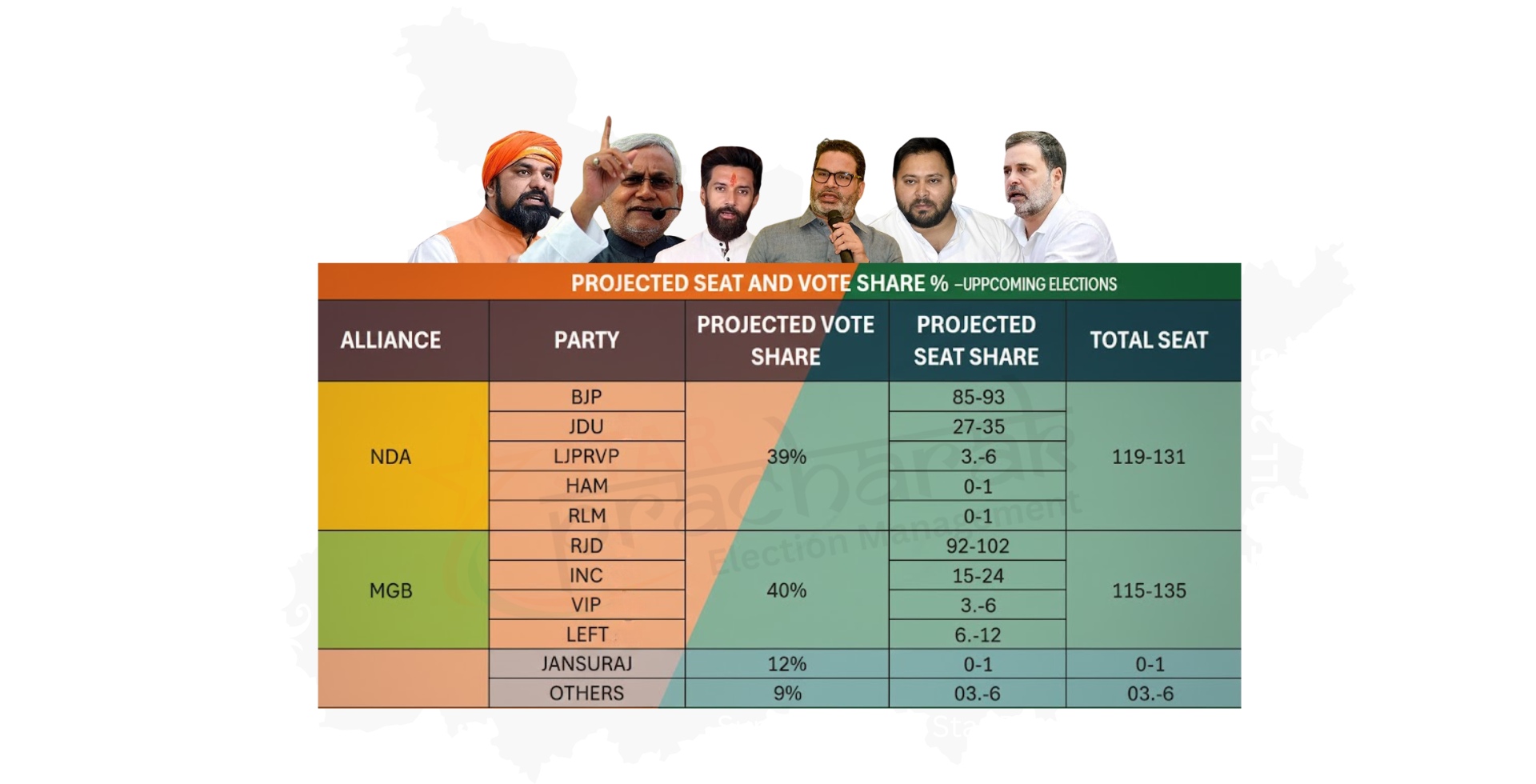Get Free Consultation!
We are ready to answer right now! Sign up for a free consultation.
I consent to the processing of personal data and agree with the user agreement and privacy policy
We are online 24/7
We are ready to answer right now! Sign up for a free consultation.
I consent to the processing of personal data and agree with the user agreement and privacy policy
Political canvassing is a common campaign tactic used in Indian politics, especially during elections. It involves party workers or volunteers going door-to-door to connect with voters, share the party's message, and seek support. Here are some key aspects of political canvassing in India:
Voter Outreach: Political canvassing allows candidates and party workers to directly engage with voters, understand their concerns, and communicate the party's policies, promises, and vision.
Grassroots Mobilization: Canvassing is an effective way to mobilize grassroots support, especially in local communities where personal connections and community influence hold significant importance.
Personalized Engagement: Canvassing enables candidates and party workers to engage with voters on a personal level, addressing their individual concerns, and building trust and rapport, which can be crucial in securing votes.
Issue-based Campaigning: Canvassing allows candidates to understand the specific issues and challenges faced by the local community and tailor their campaign messages accordingly, addressing the local concerns and aspirations of the voters.
Voter Identification and Mobilization: Canvassing helps in identifying potential supporters, tracking voter preferences, and mobilizing them to come out and vote on the Election Day.
Voter Education: Canvassing can be used to educate voters about the electoral process, voting procedures, and the importance of their participation in the democratic process.
Campaign Material Distribution: Canvassing allows for the distribution of campaign material, such as flyers, pamphlets, and voter ID cards, which can serve as reminders and reinforce the campaign message.
Building Local Networks: Canvassing provides an opportunity to build local networks and alliances, collaborate with local leaders, and gain support from influential community members.
Feedback Collection: Canvassing enables candidates and party workers to collect feedback from voters on their needs, expectations, and grievances, which can inform the party's policies and campaign strategies.
Grassroots Feedback Loop: Canvassing allows candidates and party workers to gather feedback from voters on the effectiveness of the campaign strategies, refine the campaign message, and adapt the campaign approach based on the ground-level realities.
Political canvassing in India is a widely used and effective campaign tactic for voter outreach, mobilization, and engagement. However, it requires careful planning, effective communication skills, and a genuine understanding of the local context to connect with voters and secure their support. It is important to comply with all election laws and regulations while conducting political canvassing, including maintaining financial transparency, avoiding hate speech, and adhering to the principles of fair campaigning.

We are ready to answer right now! Sign up for a free consultation.
I consent to the processing of personal data and agree with the user agreement and privacy policy

